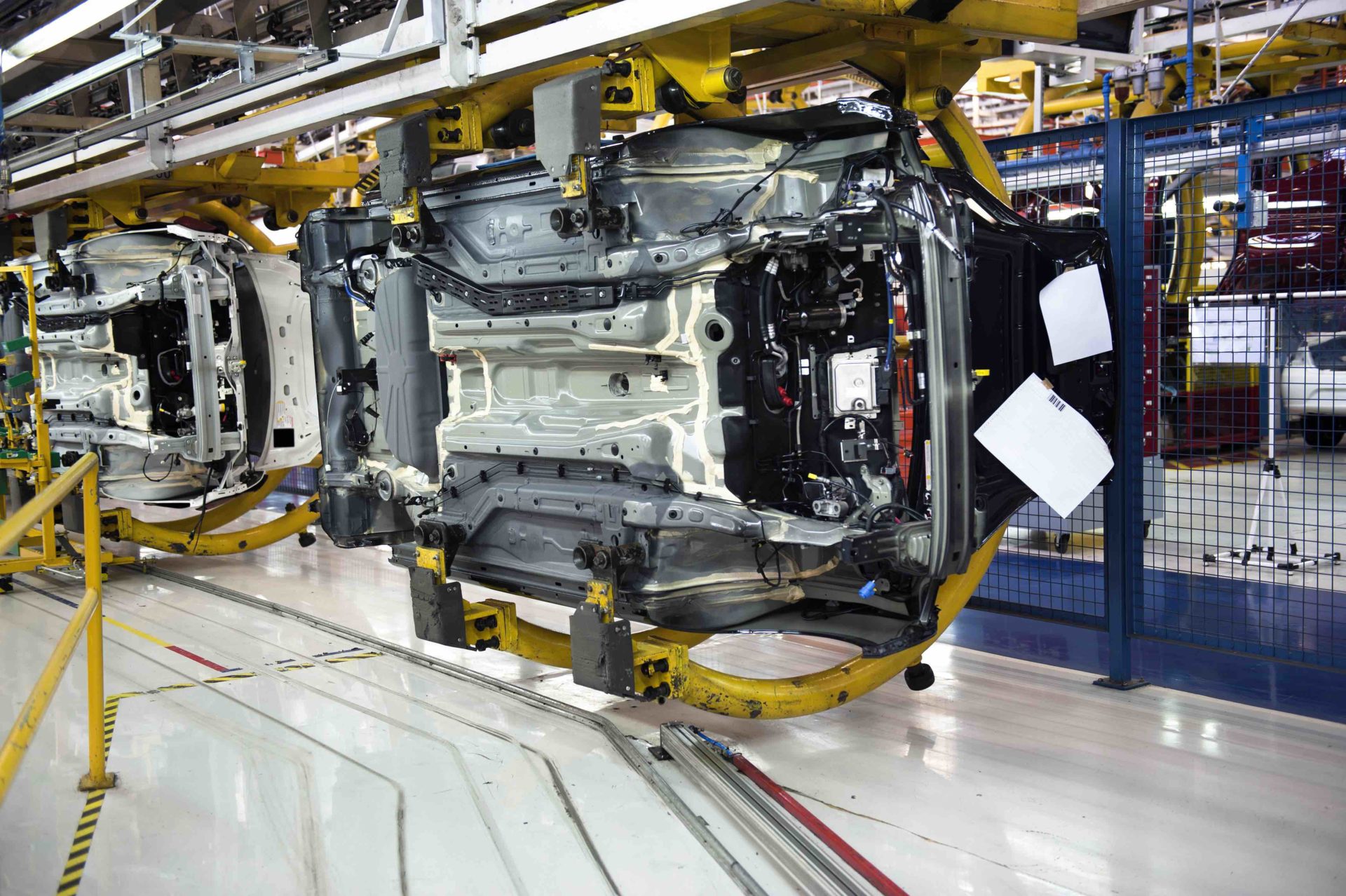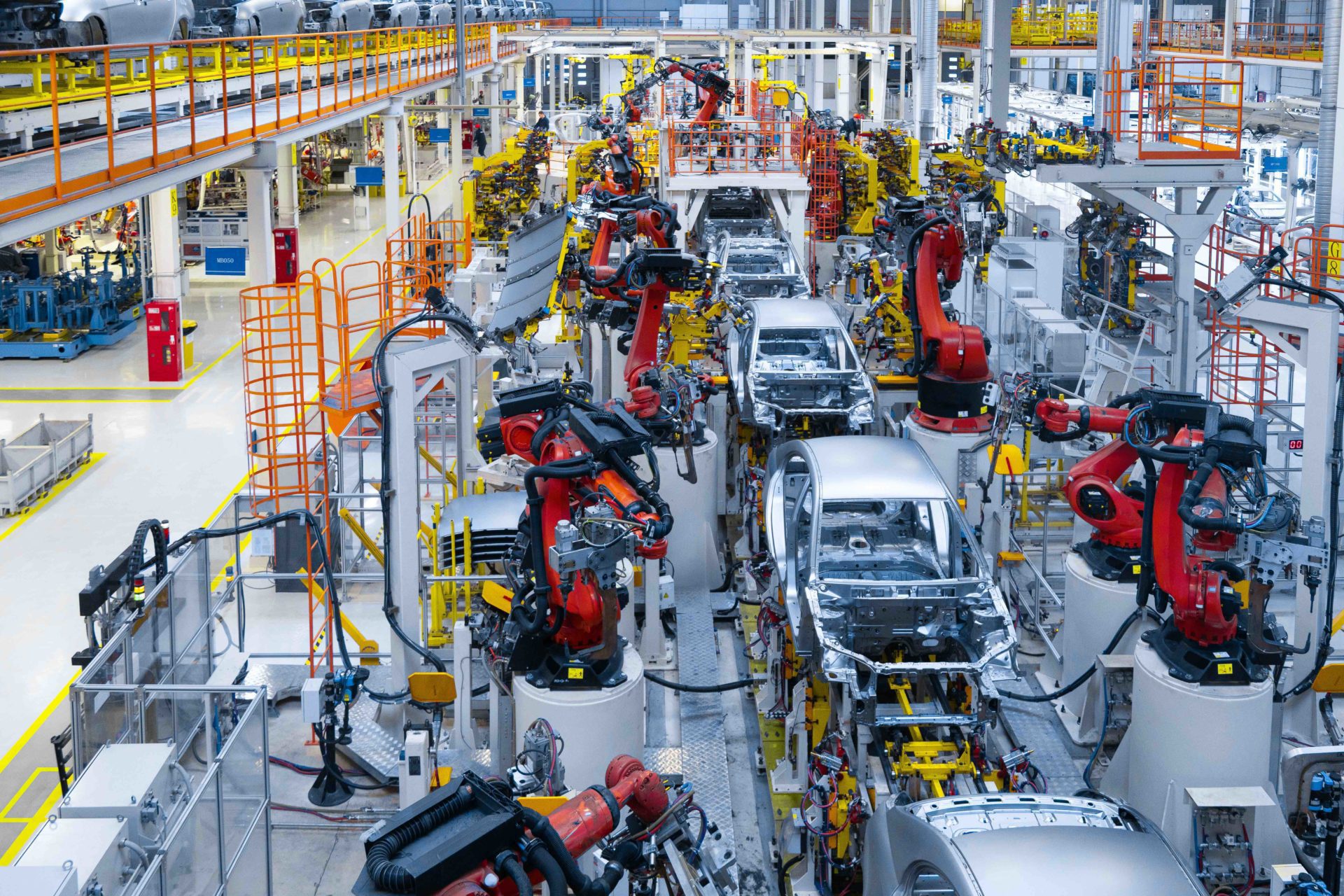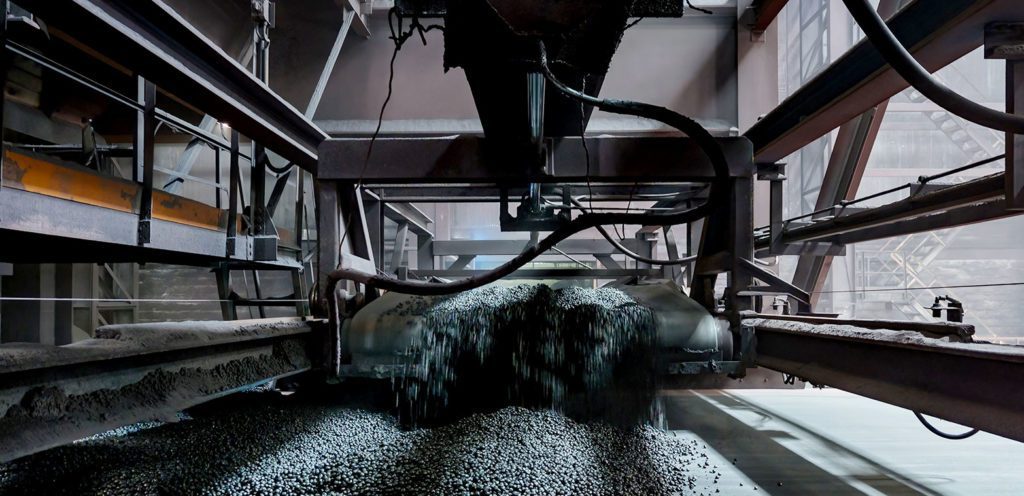The MES system is an industrial management software used to plan, monitor and control production processes. It is also used in the automotive industry to improve production efficiency and increase product quality.
Currently, there are still many companies that do not have the benefits of having an MES system in place. In fact, there are many businesses that have an ERP and are not aware that they need more tools to improve their production. However, the industrial world is always looking for continuous improvement, pursuing operational excellence and optimisation of costs and resources. This is why, in all sectors, it is becoming increasingly difficult to be competitive and to have a place in the market. This is why many companies start their digitalisation process and therefore implement a tool that allows them to have full control of their production. This technological solution is the MES system.
Having a robust manufacturing execution software model allows a wide variety of processes to be addressed. From complex processes with the need to capture a large volume of data, to discrete manufacturing, the MES system is configurable and can therefore be tailored to each business.
In the automotive industry, products such as a car consist of hundreds or thousands of components made by different manufacturers, in multiple countries. Therefore, it is necessary to have the right tool to improve production performance resulting in cost reduction and compliance with quality standards and regulations.
Thanks to the MES system, the entire production plant is connected. This makes it easier to obtain reliable information in real time. Thanks to the accuracy of this information, we eliminate the late implementation of corrective actions. In this way, we know the status of the equipment at all times and can detect faults and incidents in order to reduce them and speed up production.
One of the most common problems in companies undergoing digitisation is the decentralisation of information, and the fragmentation of a system that is not able to unite all branches of the business into one. Taking your factory towards the Smart Industry means optimising processes, obtaining a global and transparent vision of the production processes in order to be more efficient. All the data collected is centralised in a single platform and can be accessed quickly and intuitively, facilitating work between teams and departments.
By having an MES system in place, we can identify both strengths and weaknesses and can establish a strategy for continuous production improvement. Also, through real-time and historical data, we can plan more effective actions.
By detecting errors or incidents early, the costs associated with them are minimised. In fact, by using equipment condition data, we can detect potential failures even before they occur, and carry out preventive maintenance when it makes sense to do so.
Because the system provides an easy-to-understand, real-time representation of the data, it is very easy to access any point in production to find out what is happening at any given moment. Therefore, there is no need to carry around thousands of different pieces of paper that make work difficult for the operators. It also completely cuts down on unnecessary paper waste and hours spent on filling in documents.
The system is adaptable and scalable so it has the flexibility to adapt to the needs of each client.
In the automotive industry, processes are often complex and often involve multiple parts and components, which are involved in several of the processes. Keeping track of everything can be very complicated if we do not have a tool that allows us to have a high level of traceability in an automated way. The MES system can mark all raw materials and products with a unique code from the time they enter the plant until they leave. It is also able to organise these materials in batches and to know their position and status at all times. That way, if there is a part failure, it is very easy to locate it and take the necessary action to reduce the response time to this problem.
At Geprom, we have extensive experience in the implementation of MES Systems in different industrial sectors. We have the best professionals and we offer a consultancy service beforehand to meet the needs of each business. If you want to start the digital transformation of your factory, or improve the tools you already have, we invite you to contact us.










